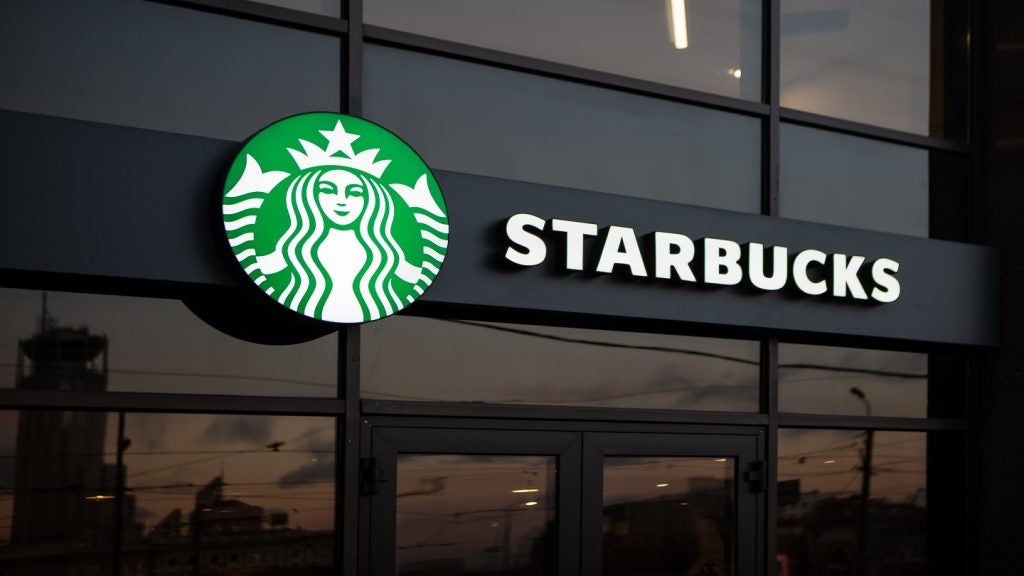The US National Consumers League (NCL) has initiated legal action against Starbucks, challenging the coffee giant's claims of "100% ethical" sourcing for its coffee and tea products.
The lawsuit, filed on 10 January 2024, asserts that Starbucks has misled consumers with its marketing campaigns and that evidence exists of labour and human rights violations within its supply chain.
The NCL's lawsuit, lodged in the Superior Court of the District of Columbia, scrutinises Starbucks' response to consumer demands for responsible corporate practices.
The company has sought to position itself as a leader in ethical sourcing, developing its "Coffee and Farmer Equity (CAFE) practices" verification standards.
A promotional video from the 2023 holiday season features a Starbucks spokesperson confidently stating: "I know it was ethically sourced."
But the NCL alleges that Starbucks' marketing is deceptive, failing to disclose sourcing from farms and co-operatives with a history of child labour, forced labour, sexual harassment, assault and other human rights abuses.
In 2023, the Cooxupé collective, the largest Brazilian supplier of the coffee chain, faced a complaint from the Brazilian labour prosecutor for conditions likened to slavery, including the trafficking of 30 migrant workers.
The supplier, responsible for 40% of Starbucks' Brazilian coffee and certified by the CAFE practices, was found to have workers enduring excessive hours and carrying heavy coffee sacks.
National Consumers League chief executive officer Sally Greenberg stated: “On every bag of coffee and box of K-cups sitting on grocery store shelves, Starbucks is telling consumers a lie.
“The facts are clear: there are significant human rights and labour abuses across Starbucks’ supply chain, and consumers have a right to know exactly what they’re paying for. NCL is committed to exposing and reining in these deceptive practices and holding Starbucks accountable for living up to its claims.”
The NCL is seeking a court order to prevent Starbucks from continuing its allegedly deceptive advertising and to compel the company to conduct a corrective advertising campaign.









